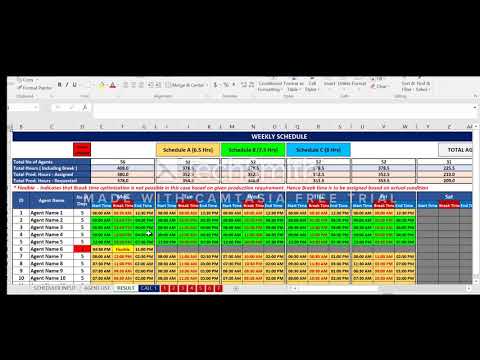In today’s rapidly changing working environment, the stability of financial security during illness is more critical than ever. Employers and employees alike are seeking ways to manage potential income loss, leading many to explore options like Private Sick Pay. But what exactly does this involve, and how can it benefit you?
What Is Private Sick Pay?
Private Sick Pay refers to a workplace benefit or insurance that provides financial support when an employee cannot work due to illness. Unlike statutory sick pay, which only offers a basic level of financial support, private sick pay can often be tailored to provide a more comprehensive safety net.
Benefits of Private Sick Pay
- Enhanced Coverage: Offers more substantial financial support compared to statutory sick pay.
- Flexibility: Can be tailored to individual needs and circumstances.
- Peace of Mind: Ensures financial stability during recovery periods.
How to Access Private Sick Pay
Private sick pay is typically offered through either an employer or an independent insurance policy. Many companies incorporate it into employee benefit packages, but individuals can also seek out policies specifically designed to provide this coverage.
Employer-Provided Private Sick Pay
Check with your HR department to understand if your employer offers private sick pay as part of their benefits package. Some employers might provide it automatically, while others may require an opt-in during the enrollment period.
Private Insurance Plans
If your employer does not offer private sick pay, or if you are self-employed, you can consider purchasing independent insurance plans. Income protection insurance policies are designed to step in when you’re unable to work due to illness or injury.
Explore options and compare different policies to find a plan that best suits your needs. Websites like Private Sick Pay allow you to compare and select the most suitable income protection plans for your requirements.
Frequently Asked Questions
Is private sick pay taxable?
In most cases, payments received from private sick pay insurance plans are taxable as they are considered replacement income. It’s important to factor this into your calculations when planning for periods of illness.
How long do private sick pay benefits last?
This varies depending on the policy. Some plans might cover a few weeks, while others could extend to several months or even years. Always review the policy details and terms to fully understand your coverage.
Can I have private sick pay alongside statutory sick pay?
Yes, you can receive private sick pay in addition to statutory sick pay. The combination provides a more robust safety net if you are unable to work due to illness.
In conclusion, assessing your options for private sick pay is a prudent step in safeguarding your financial well-being. Whether through employer benefits or individual plans, understanding the intricacies of coverage can provide essential peace of mind during challenging times.




